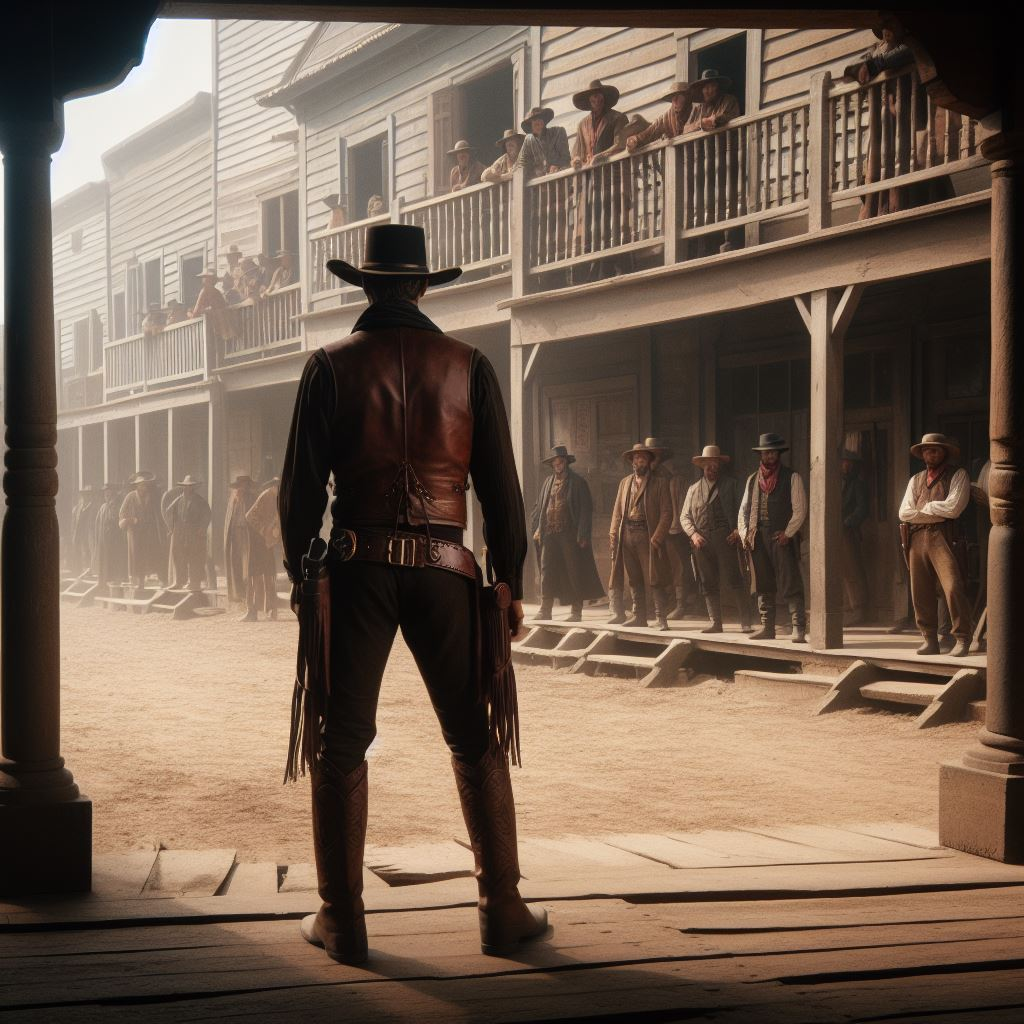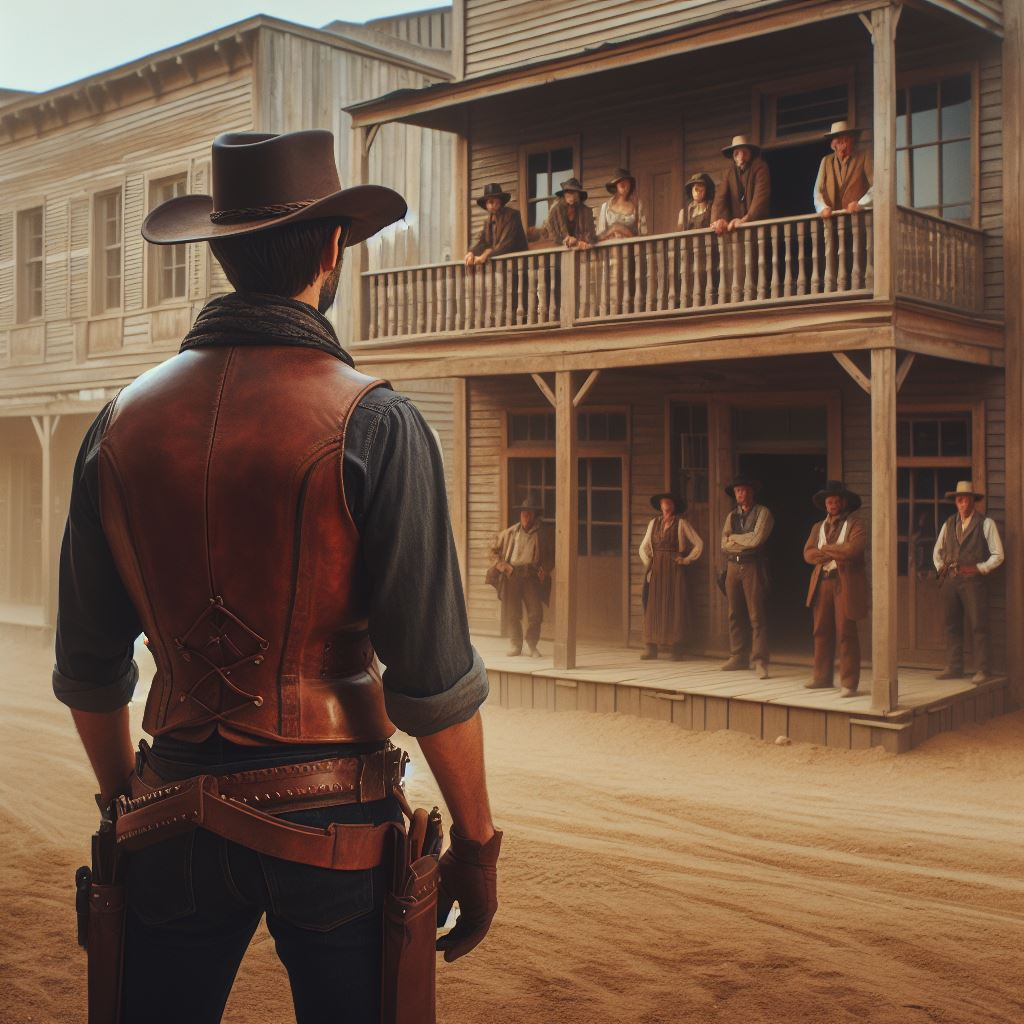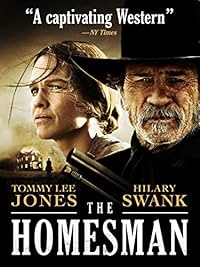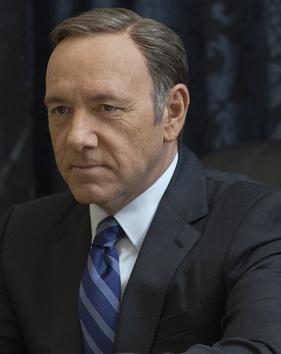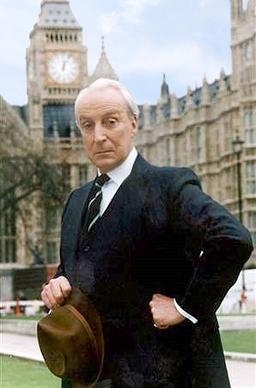Since my column here at SleuthSayers about period fiction last week, I've had some interesting conversations with fellow writers about the Western genre. Some of them like it, some hate it, etc. Some don't even consider those stories historical (but they are). As I think I've said before at this blog, Westerns are just historical fiction with horses. To me, one good thing about writing Western stories--whether they're novels, shorts, or screenplays--is that they can usually be considered mysteries as well, and therefore marketable as mystery fiction, because a crime is almost always involved. (Uness maybe it was the movie version of Old Yeller, where the only crime was the older brother's attempt at a Southern accent. But that's another story.)
As I said to one of my writer friends in an email on this subject the other day, part of the Western genre's appeal to me is the definite line those stories draw between right and wrong. It's a black/white structure: there were good people and evil people, with very few gray areas in between--unlike the way our world is today. This is especially true in the older Westerns, the ones I watched in the movie theater and on TV as a kid.
In that long-ago world--Bonanza, The Rifleman, Gunsmoke, etc.--it was easy to identify the villain or one of his friends, because the good guys always shaved every morning and wore clean clothes, while the bad guys appeared to have been been dragged into town behind the stagecoach. Another thing: the streets of Virginia City or North Fork or Dodge City were always neat as a pin, with nary a sign of mud or ruts or horse droppings. In fact, the downtown thoroughfare in all those different shows often looked suspiciously like the same street. (How could that be? Even as a kid, I knew Nevada and New Mexico and Kansas were a long way apart.)
Other puzzling things happened, as well. As Clint Eastwood once said in an interview, why did the good guy always wait for the bad guy to draw first? He said that made no sense. And when a reporter asked Stagecoach director John Ford why the Indians chasing the coach didn't just shoot one of the horses, Ford replied, "Because that would've been the end of the movie." That, I guess, does make sense. Later, of course, Westerns got smarter in that regard, and way more authentic, although the standoffs in the street and the hero waiting politely for the other guy to draw have persisted to this day.
Having said all that, these recent discussions of the horse opera and its fans have prompted me to revisit some of the movies I've watched and re-watched over the past years. Here are a few observations, by me and me alone, so feel free to disagree.
My 10 favorite Western movies, in no particular order:
Once Upon a Time in the West (1968)
The Big Country (1958)
Unforgiven (1992)
For a Few Dollars More (1965)
Shane (1953)
Dances with Wolves (1990)
High Noon (1952)
The Magnificent Seven (1960)
Open Range (2003)
The Searchers (1956)
NOTE 1: There actually is sort of an order to these. I consider Once Upon a Time in the West and The Big Country the absolute best of the bunch.
Runners-up:
The Good, the Bad, and the Ugly (1966)
Tombstone (1993)
The Man from Snowy River (1982)
Hondo (1956)
Will Penny (1967)
The Hanging Tree (1959)
The Man Who Shot Liberty Valance (1962)
The Outlaw Josey Wales (1976)
Rio Bravo (1959)
The Wild Bunch (1969)
A Fistful of Dollars (1964)
True Grit (remake, 2010)
Quigley Down Under (1990)
Butch Cassidy and the Sundance Kid (1969)
Hombre (1967)
NOTE 2: I didn't include the wild and crazy Cat Ballou (1965), Blazing Saddles (1974), From Noon till Three (1976), The Ballad of Cable Hogue (1970), or Rustler's Rhapsody (1985), but if you haven't seen those, I recommend them.
Good Westerns you might not have heard of:
The Homesman (2014)
The Last Sunset (1961)
Bone Tomahawk (2015)
Hostiles (2017)
Duck, You Sucker (1971)
The Proposition (2005)
McCabe and Mrs. Miller (1971)
Lone Star (1996)
7 Men from Now (1956)
Old Henry (2021)
One-Eyed Jacks (1961)
The Salvation (2014)
Appaloosa (2008)
News of the World (2020)
Ride the High Country (1962)
NOTE 3: I also didn't include any TV series or mini-series in my lists, but of those, I think the best, by far, are Deadwood (2004-2006) and Lonesome Dove (1989). Runners-up might be The English (2022) and--if you count it as a modern-day Western--Justified (2010-2015). Once again, my opinion only. Disagreements are welcome.
Questions
What's your view, on Westerns old and new? Like 'em? Hate 'em? Tolerate 'em? Do you agree with any of the above choices? What are some I overlooked? If you do like Westerns, have you tried writing any, either novels or short stories? Have you had any published? In what markets? Were they standalone stories, or installments in a series? Was writing them work, or fun? Please let me know in the comments section.
Final thoughts:
1. I'm looking forward to seeing Kevin Costner's recently-released Horizon. Haven't gotten around to it yet.
2. If you haven't written a Western story but you want to . . .
"Slap some bacon on a biscuit and let's go."--John Wayne, The Cowboys (1972)








